
Celebrating the Diversity and Contributions of Black Communities
Date:
The Maine Black Community is made up of non immigrant Black Mainers and immigrant Black Mainers or New Americans. We use the term “African Americans” to mean those whose ancestry traces back to slavery, either from Maine or other parts of North and South America and the Caribbean. They have been present and have helped to build Maine since colonial times.
Immigrant Black Mainers are made up of people who have come here to build a better life for themselves and their families. Some have come here for economic reasons as health care and professional workers, or seasonal farmworkers, helping to fill critical jobs and keep Maine running.
Other people are here seeking refuge or asylum — facing challenging decisions as they rebuild their lives, having left everything behind to find safety and freedom in a new place.
Refugees, admitted through a federal program following a rigorous screening process, arrive in Maine and are immediately eligible to work. They contribute to the state through employment and tax payments. Asylum seekers, who have arrived independently in pursuit of safety, face a different journey. They can only apply for work authorization after months of waiting for their asylum to be approved. Once they are able to work, they pay taxes to Maine, but some may not qualify for Mainecare or food stamps.
Regardless of their origin, everyone has the fundamental right to safety. Unfortunately, some government policies make it harder for these New Mainers to start their lives here. Communities across the state are coming together to show compassion and support for those navigating the complexities of starting new lives in Maine. By embracing the diversity, strength, and contributions of all people, we can build a future where we all grow and thrive together.
Some Significant Contributions Of Black Mainers
African Americans have lived in Maine, from before the state was founded. They helped build settlements and lay the foundations for the future of the state in various social, economic and cultural ways.
In the late 19th century, Portland and Bangor had the largest community of African Americans in Maine. The Portland community formed the Abyssinian Congregational Church in 1827. The Abyssinian Meeting House is Maine’s oldest African-American church, and the third oldest in the nation. By the early 20th century, African Americans in Bangor established a chapter of the Grand United Order of Odd Fellows (GUOOF) and its ladies’ auxiliary, the Household of Ruth, a branch of the National Association for the Advancement of Colored People (NAACP), a Mothers' Club, a Junior Mothers' Club, a lodge of Black Masons, and a Black United Service Organization (USO).
In the later part of the 20th century, the political significance of the Black community in Maine grew, marking notable milestones in civil rights advancements. This included the enactment of Maine's Fair Housing Act before the adoption of the federal bill by Congress, demonstrating influence on national laws and policies.
Some Notable Figures In Maine's Black History
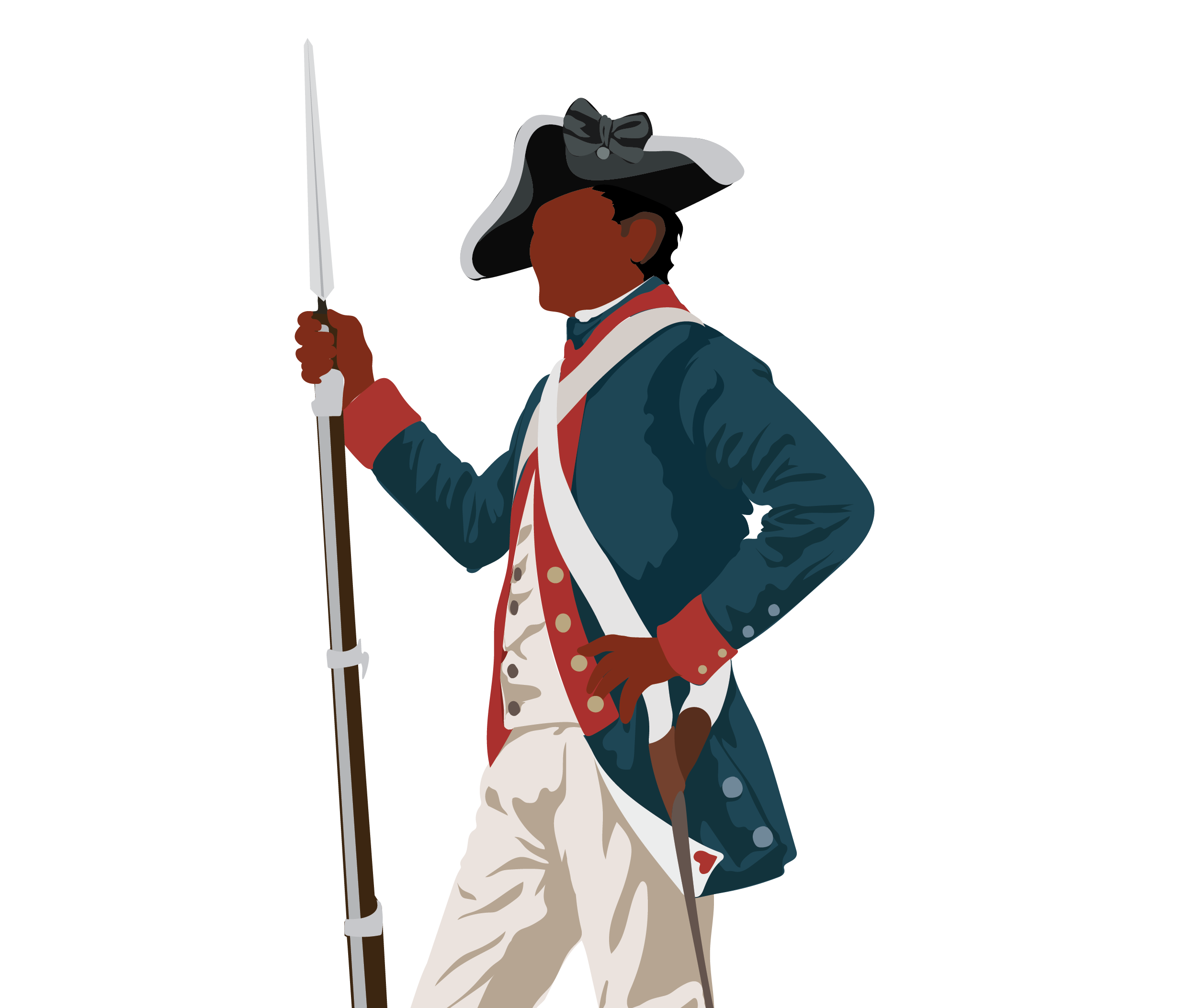 |
London Atus (c. 1759 - 1843) Born into slavery in New Jersey, London came to Machias while still enslaved in 1771. He later joined the Continental Army, serving under several officers and fighting in the first naval battle of the Revolutionary War. With his service, he ultimately bought his freedom. After the war, London transitioned to the lumber industry, shipping to ports such as Portland and Boston. He married Eunice Foss, a white woman – an early example of interracial marriages in Maine – and settled in Machias with their children and several other Black and biracial families. |
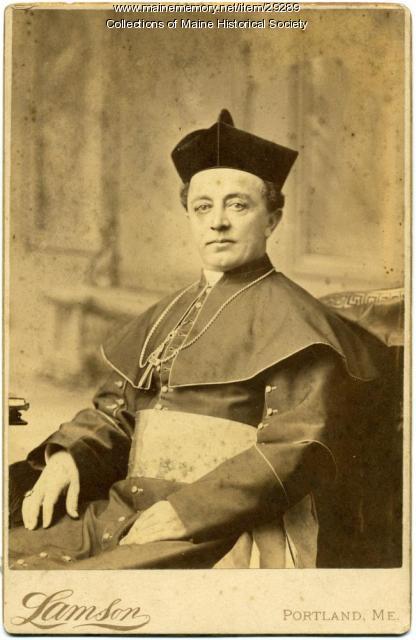 |
James A. Healy (1830 - 1900) of the Catholic Diocese of Portland was the first African American Roman Catholic Bishop in the nation. He traveled 3,000 miles on horseback and by canoe to confirm 4,000 Maine children. |
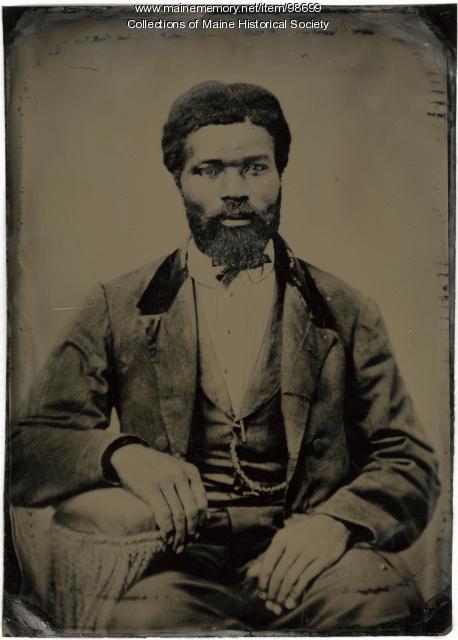 |
John Nichols (1851 - 1930) worked for the Union Army, and arrived at Lewiston after the Civil War with a group of veterans who were formerly enslaved. |
| Macon B. Allen (1816 - 1894) was the first Black attorney in the U.S. following his admission to the Cumberland County Bar in 1844. In 1845 Allen moved to Boston, where he passed the Massachusetts Bar Exam on May 5, 1845. Shortly afterwards he and Robert Morris, Jr., opened the first Black law office in the United States. In 1848 he became the Justice of the Peace for Middlesex County, Massachusetts. In addition to his license to practice law he is believed to be the first Black man to hold a judiciary position. | |
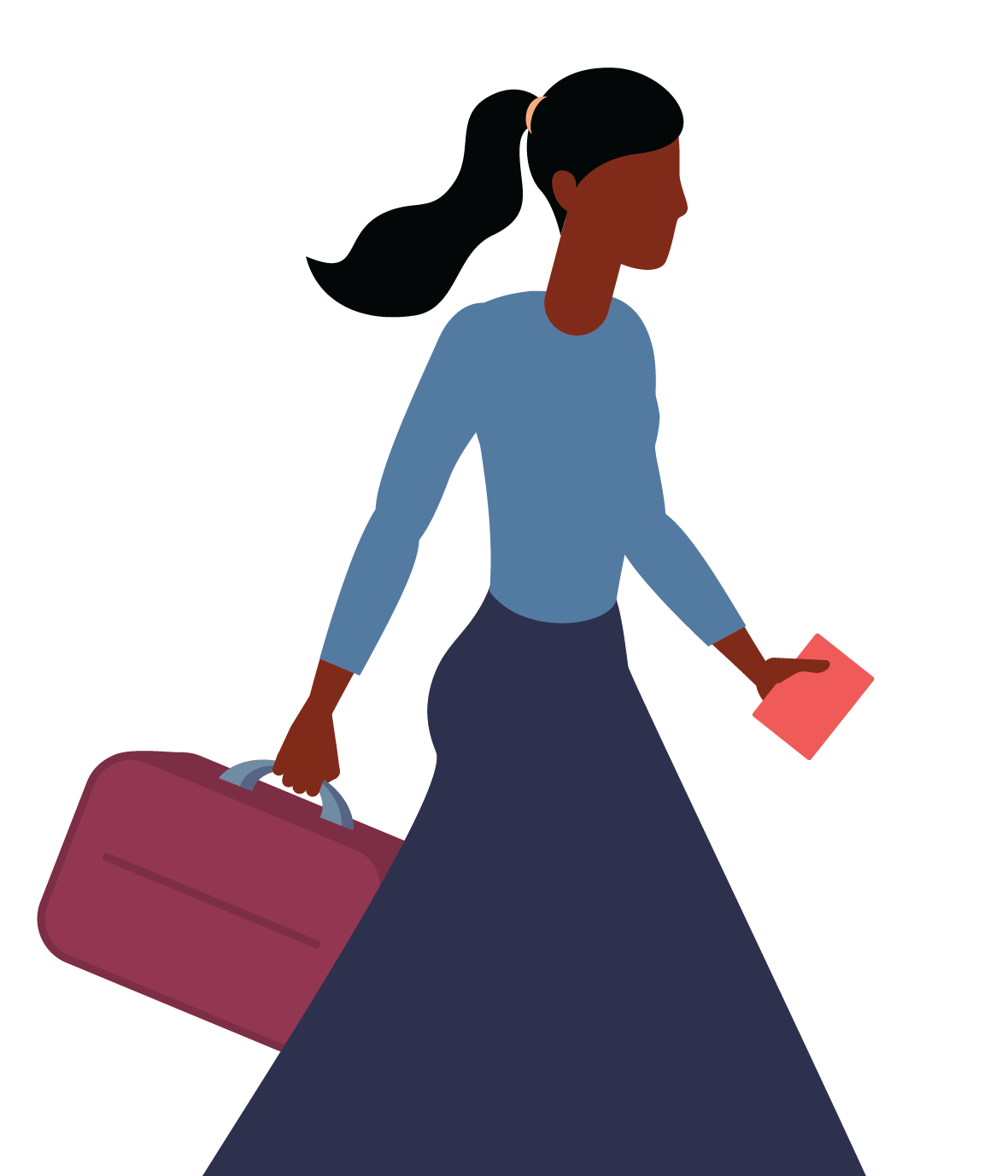 |
Beverly Dodge Bowens (c.1935 - 2006) Born in Portland, Beverly Dodge spent her formative years on Munjoy Hill, in a neighborhood that she loved. A graduate of Portland High School, as a high school senior, Beverly garnered attention when Senator Margaret Chase Smith and Governor Frederick Payne stepped in on her behalf, compelling a hotel in Washington, D.C. to overturn its initial refusal to accommodate Dodge on her senior class trip because she was Black. |
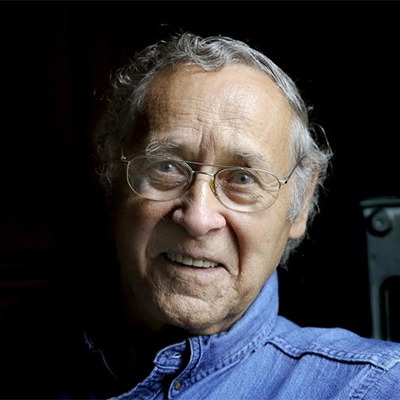 |
Gerald E. Talbot (1931 - ) A two-time president of the NAACP in Portland, Gerald Talbot was the first Black person elected to the Maine Legislature and the first Black speaker pro tem in its House of Representatives. Among his legislative accomplishments, Talbot changed maps and Maine’s social conscience in 1977 by winning passage of a law to remove the n-word from geographic places statewide. |

